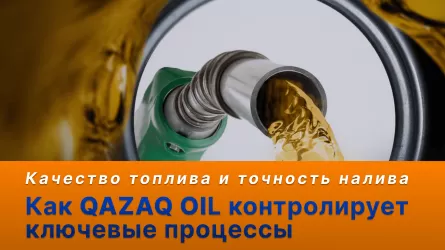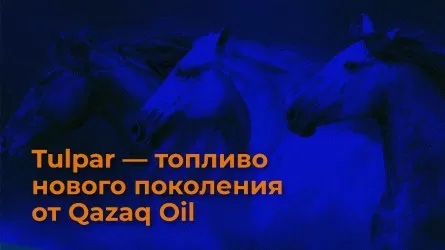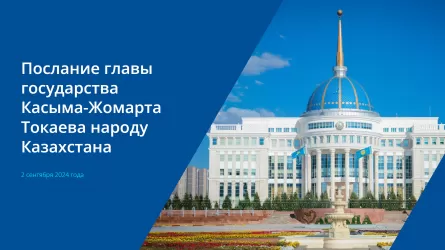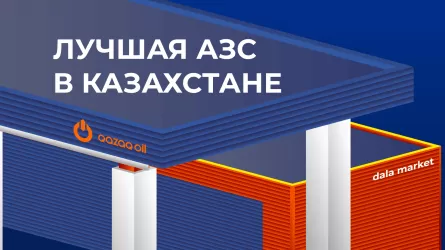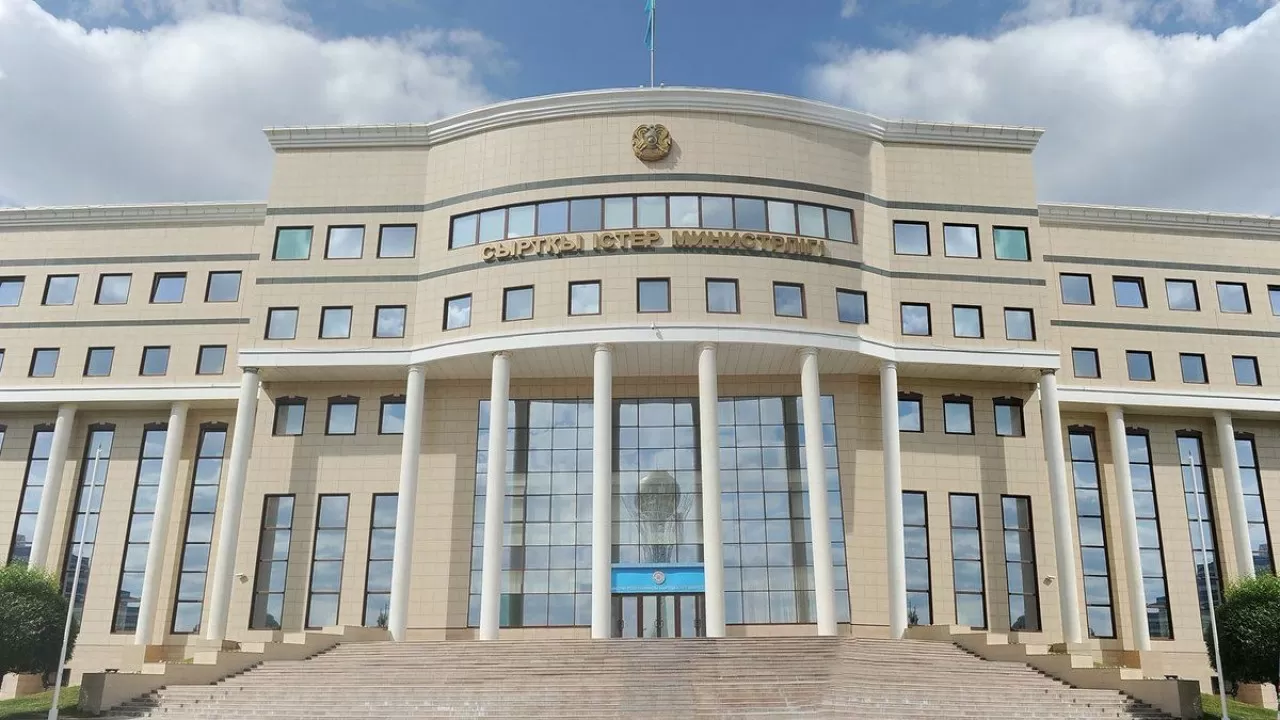The Astana Times – Kazakh Foreign Minister Mukhtar Tileuberdi reiterated his country’s calls on Russia and Ukraine to seek a peaceful solution to their month-long conflict and pursue the negotiation process.
“Our country consistently advocates the earliest possible settlement of the Russian-Ukrainian conflict through negotiations and diplomacy,” Tileuberdi said in his interview with Khabar 24 TV channel aired on April 7.
“In the first days of the conflict, President Kassym-Jomart Tokayev held phone conversations with the presidents of Russia and Ukraine, urging the parties to seek peaceful solutions to the conflict and initiate the negotiation process,” said Tileuberdi, emphasizing Kazakhstan’s firm commitment to diplomatic methods.
The minister has high hopes for the settlement of the conflict through mediation efforts. He commended Turkey for providing mediation, though little progress has been made so far.
“We are closely watching and supporting the peacemaking efforts to find a way to end the armed confrontation, resolve humanitarian problems and reduce tension in international relations,” said the minister.
Tileuberdi reiterated Kazakhstan’s commitment to the concept of indivisible security, as enshrined in the Astana Declaration of the OSCE (Organization for Security and Co-operation in Europe) Summit in 2010 and said Kazakhstan is a “peace-loving state” referring to its voluntary dismantling of what was once the world’s fourth-largest nuclear arsenal.
Ties between Kazakhstan and Russia have been extremely close as the two countries share the world’s longest continuous international border (7,644 kilometers). Besides the shared border, the two countries have historically had close political, economic, cultural, and humanitarian ties.
“We intend to maintain the existing level of trade and economic interaction with Russian partners,” said Tileuberdi, emphasizing Kazakhstan’s equally strong intent to continue cooperation with Ukraine.
Since the military confrontation began in February and the introduction of several rounds of unprecedented Western sanctions on Russia, Kazakhstan’s economy began to feel the strain. Aside from the devaluation of its national currency tenge, there were significant disruptions in business partnerships and supply chains.
Russia is one of the Central Asian country’s largest trade and investment partners, and Kazakhstan does not plan to support the Western sanctions against Russia, the minister explained.
“Our country is against the use of sanctions as an instrument of pressure in interstate relations, except for sanctions imposed by resolutions of the United Nations Security Council. Therefore, Kazakhstan does not intend to join the sanctions pressure on the Russian Federation,” said Tileuberdi.
He added that as a full member of the Eurasian Economic Union and the World Trade Organization, “Kazakhstan will continue to develop trade relations with the Russian Federation and other countries”.
At the same time, he emphasized that “to prevent secondary sanctions and minimize negative impact (of the primary ones) on our citizens, commodity producers and exporters, Kazakhstan does not intend to take any targeted steps to circumvent sanctions”.
Tileuberdi also explained that defending its own national interests, Kazakhstan makes every effort to prevent the serious impact of these sanctions against the neighbouring country on the development of its own economy. In this regard, the Government of Kazakhstan consults with its international partners on these issues, he said.






